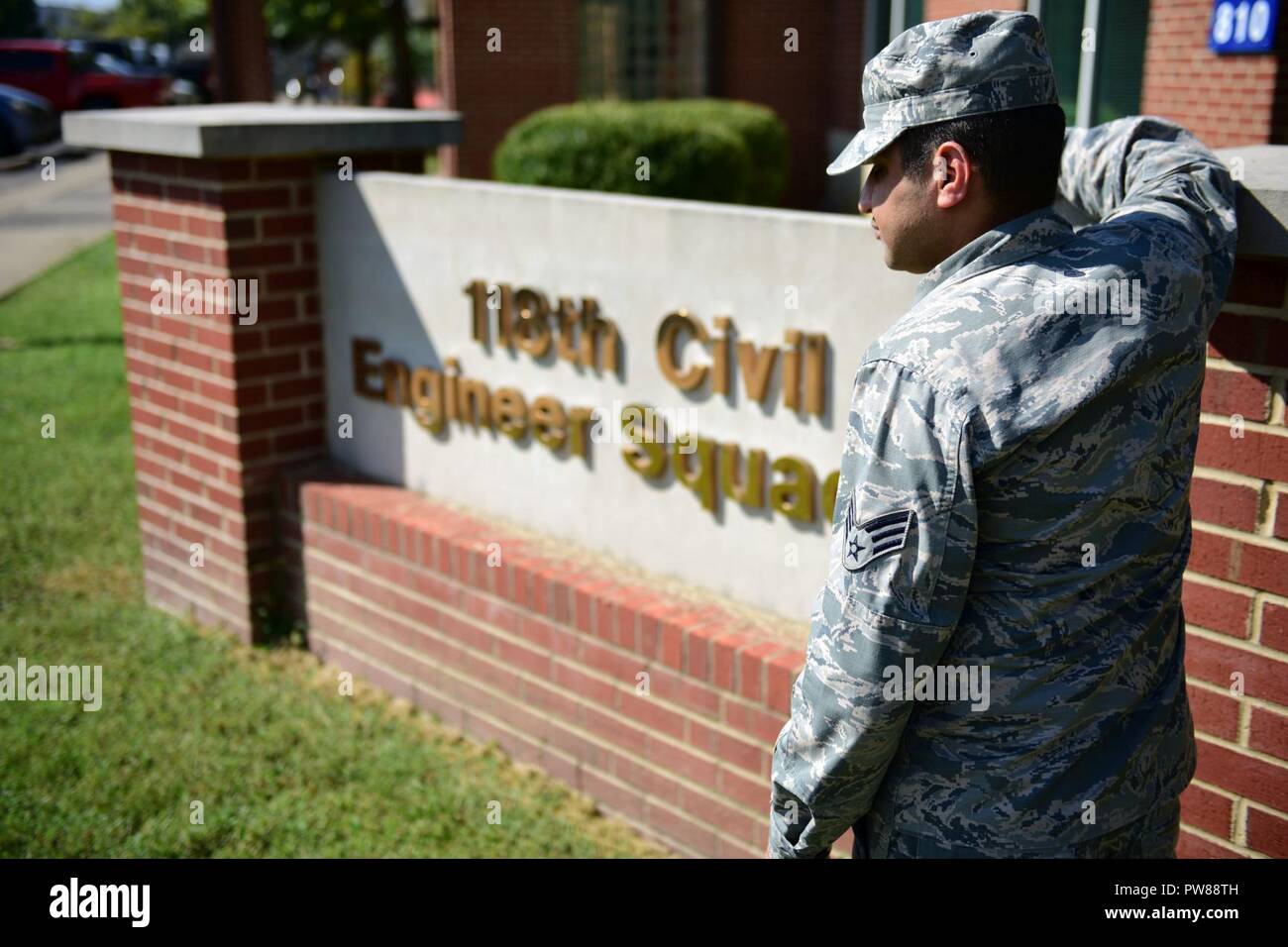

“Within a few months I knew this was something I couldn’t continue.” Chlapowski chose not to re-enlist and left the army in November, 2005. “I opted to put myself back in the closet and I was miserable,” he said. Lewis, WA to train soldiers, he didn’t know anyone there and was unsure of the climate. “You’re always going to be paranoid,” he said, that someone who knows your open secret could “take issue with it.” When he transferred to a new unit at Ft. Eventually he earned the Army achievement medal and an Army commendation medal for leadership and training.Īs time wore on, Chlapowski watched friends and other soldiers get caught up in the clutches of the gay ban, and it led to a deepening paranoia. He served in Korea as an interpreter for the 3rd Military Intelligence Battalion on sensitive reconnaissance missions. Was so proud of finishing the army’s basic training just months before September 11th, 2001, that he had the Chinese character for “honor” tattooed on his shoulder…Chlapowski studied Korean at DLI and graduated as a cryptologic voice interceptor, finishing second in his class. One possible reason for our current shortage of linguists and translators kept coming to mind-and I kept looking for it in the Washington Times, to no avail.Ĭould one reason possibly be the fact that an untold number of potential linguists are already “weeded-out” during background investigations because they are gay?Ĭould it be because many talented language students at the Defense Language Institute (DLI) and at other language learning institutions are eliminated-after enormous expenditures of personal effort, manpower, time and funds-because they are discovered to be gay?Ĭould it be because many more experienced linguists and translators-with language skills critical to our national security and who are doing a superb job of protecting it-are purged because they are caught in “the clenches of the homosexual discharge machine,” as Nathaniel Frank tells us in excerpts from his book “Unfriendly Fire,” in a March 18, 2009, New York Times article?Īnd, as Frank says, “because the added burdens, that gays alone had to bear, were too much.”?įrank cites the example of Jarrod Chlapowski, who… Americans cannot duplicate the intricate knowledge of native speakers,” and, according to the former intelligence officer, “Once they are trained that well they can make more money elsewhere.” “But Pashto, Dari and other dialects are difficult to learn and take years to master. While native speakers are preferred, the intelligence community also relies on trained Americans. citizens with needed language skills, but they cannot pass the security background checks.Ī top-secret security clearance is required to “listen and translate al Qaeda telephone calls, or interrogate a suspect,” but investigators often found that the candidate belonged to a mosque where extremism was preached, or had relatives back home deemed ‘not trustworthy,” according to a former intelligence officer. There are many recent immigrants and first-generation U.S.

Some other reasons given for the shortages:

The article also tells us about the financial incentives used to try to “lure” more people with foreign language skills-“including hiring bonuses and additional pay for current officers”-and about problems with some “attractive candidates” passing the review for security clearances. The article tells us that “the gap has become critical in the war effort, especially in the Afghanistan-Pakistan theater, where al Qaeda and Taliban operatives text message, e-mail and talk in languages that the intelligence community had largely ignored before 2001.” and that “intercepting phone and radio calls in the region’s native tongues is critical to monitoring terrorist camps and movements in Pakistan’s tribal areas.” In its 2010 budget report, the Committee warns: “Persistent critical shortages in some languages contribute to the loss of intelligence information and affect the ability of the intelligence community to process and exploit what it does collect.” intelligence linguists skilled in regional languages such as Pashto, Dari and Urdu “remains essentially nonexistent.” It tells us that the Senate Select Committee on Intelligence finds that the necessary cadre of U.S. It caught my attention because the otherwise timely and factual article, in my opinion, left one critical factor out in its commentary on this important issue.

Not because such shortage does indeed hobble our ability to effectively fight the war on terrorism, especially in the Pakistan-Afghanistan regions. Not because it is a surprise that our nation is woefully short of linguists and translators. An article in the Washington Times this morning, titled “ EXCLUSIVE: Lack of translators hurts U.S.


 0 kommentar(er)
0 kommentar(er)
